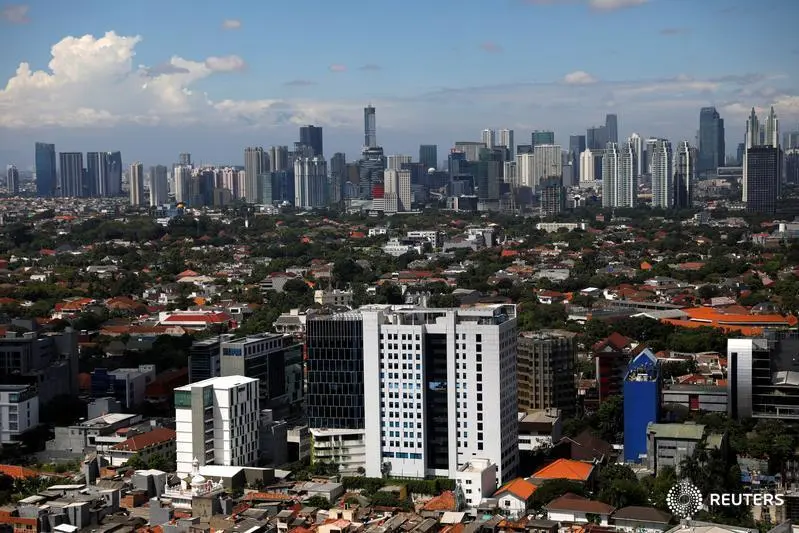PHOTO
JAKARTA - The Indonesian government will propose to parliament to change the way it charges value added tax to introduce different rates depending on the goods and services, an official said on Thursday.
The planned changes are part of a major overhaul of the tax system to increase government revenue after it took a hit during the coronavirus pandemic.
The government has only revealed little details of the proposals, which also include a contentious tax amnesty programme.
Southeast Asia's biggest economy currently applies a 10% VAT rate to most sales of goods and services, with exemptions for some agricultural products, staple foods and healthcare and education services.
This will be changed so that goods that are widely consumed can be charged a lower rate, but those bought by the rich can be charged a higher rate, finance ministry spokesman Yustinus Prastowo said in a seminar.
"What is currently charged 10% later on can be charged 7% or 5%, and on the contrary, goods that are not needed by most members of the public and are consumed by the upper class and are in nature limited, can be charged a higher rate," he said.
He declined to elaborate, citing ongoing discussions with stakeholders.
Officials have previously said VAT exemptions will also be streamlined.
Indonesian media reported that the base rate for VAT will be raised to 12%, but the government can change this to between 5% to 15%, citing a draft bill set for debate in parliament.
Prastowo did not respond to a request for comment to confirm the reports.
(Reporting by Tabita Diela; Writing by Gayatri Suroyo; Editing by Chizu Nomiyama) ((gayatri.suroyo@thomsonreuters.com; +622129927609; Reuters Messaging: gayatri.suroyo.thomsonreuters.com@reuters.net))





















